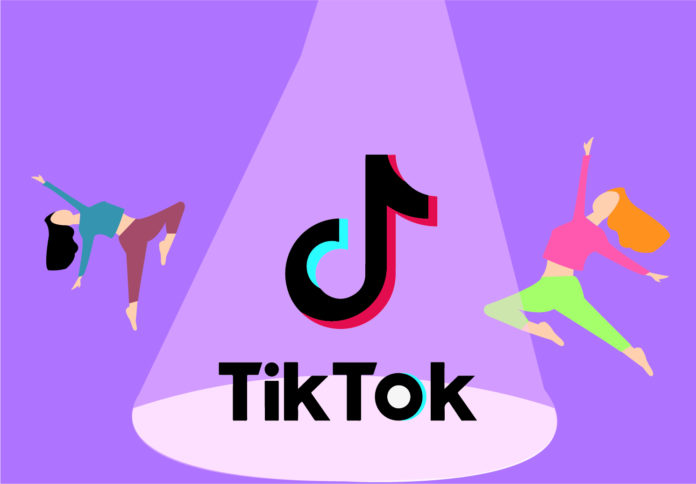It’s easy to forget the world has only been at a standstill for a couple of weeks. But before life as we knew it ground to a halt, 14-year-old Jalaiah Harmon was on a whirlwind media tour. The inventor of the “Renegade” dance which took TikTok by storm made appearances on Ellen and at the NBA All-Star Game.
Harmon is a rare case. Creators of these viral dances rarely receive national acclaim for their creations. In TikTok’s own list of 2019’s top dance trends, the featured video of its top viral dance, “The Woah,” uses a video making light of the move’s ubiquity rather than citing the trend’s original creator.
As a platform, TiKTok has a real problem with its original content creators — particularly those who create dances — not receiving due recognition for their work. But what gets popular isn’t always what gets posted first, and lack of credit is a problem which can’t be easily solved without stripping TikTok of the traits which make the platform, well, tick.
While dance routines can be copyrighted in much the same way as other creative works, the law surrounding individual dance moves is far less generous. Nowhere is this more evident than in the lawsuits brought against Epic Games for lifting dance moves to use in the wildly-popular video game “Fortnite.” Plaintiffs range from Alfonso Ribeiro (who played Carlton on “Fresh Prince of Bel-Air”) to Russell “Backpack Kid” Horning, who popularized the Floss. As of March 2019 these lawsuits were at a standstill, but others have been filed more recently.
Unlike dealing with a single entity like Epic Games, recourse against individual creators would hardly make a dent. The internet has a way of aggressively retaliating against copyright claims (just ask Barbra Streisand). It’s not a good look in the best of cases and invites further proliferation without proper recognition.
But surely even if TikTok users could copyright their dance moves, the creators wouldn’t want censorship, they’d prefer celebrity status. The platform regularly makes everyday teens, tweens and young adults into stars. And unlike other video platforms like YouTube, TikTok’s format and culture encourages collaboration—building off of or lampooning others’ work. It’s far more akin to sharing memes on Twitter or Reddit. That many of these trends are labelled challenges outright invites participation. The waters are further muddied when big time musicians and celebrities hop on the bandwagon.
To TikTok’s credit, it does have some protections for its creators. Videos are stamped with watermarks of the TikTok logo and the uploader’s handle. Users also have the option to make their uploads unavailable for use in duets, the side-by-side videos which piggyback off one another. Further action on a systemic level could stymie creativity and lead to abuse on the platform. YouTube’s rocky history with copyright enforcement is well-documented. On a less corporatized platform like TikTok, opening the door to sudden and aggressive action could ostracize its user base and turn its meteoric rise into a smoldering crater.
None of this is to say TikTok creators don’t deserve rightful credit (and if applicable, compensation) for their work, but the system simply isn’t built for it. Unlike in professions like journalism where content creators need to cite their sources, few such expectations exist in the realm of online humor TikTok traffics in. Even some of the most viral trends need amateur internet historians to uncover their origins. Without a shift in TikTok’s culture, the best creators can hope for is to catch their own lightning in a bottle before it strikes someone else.






